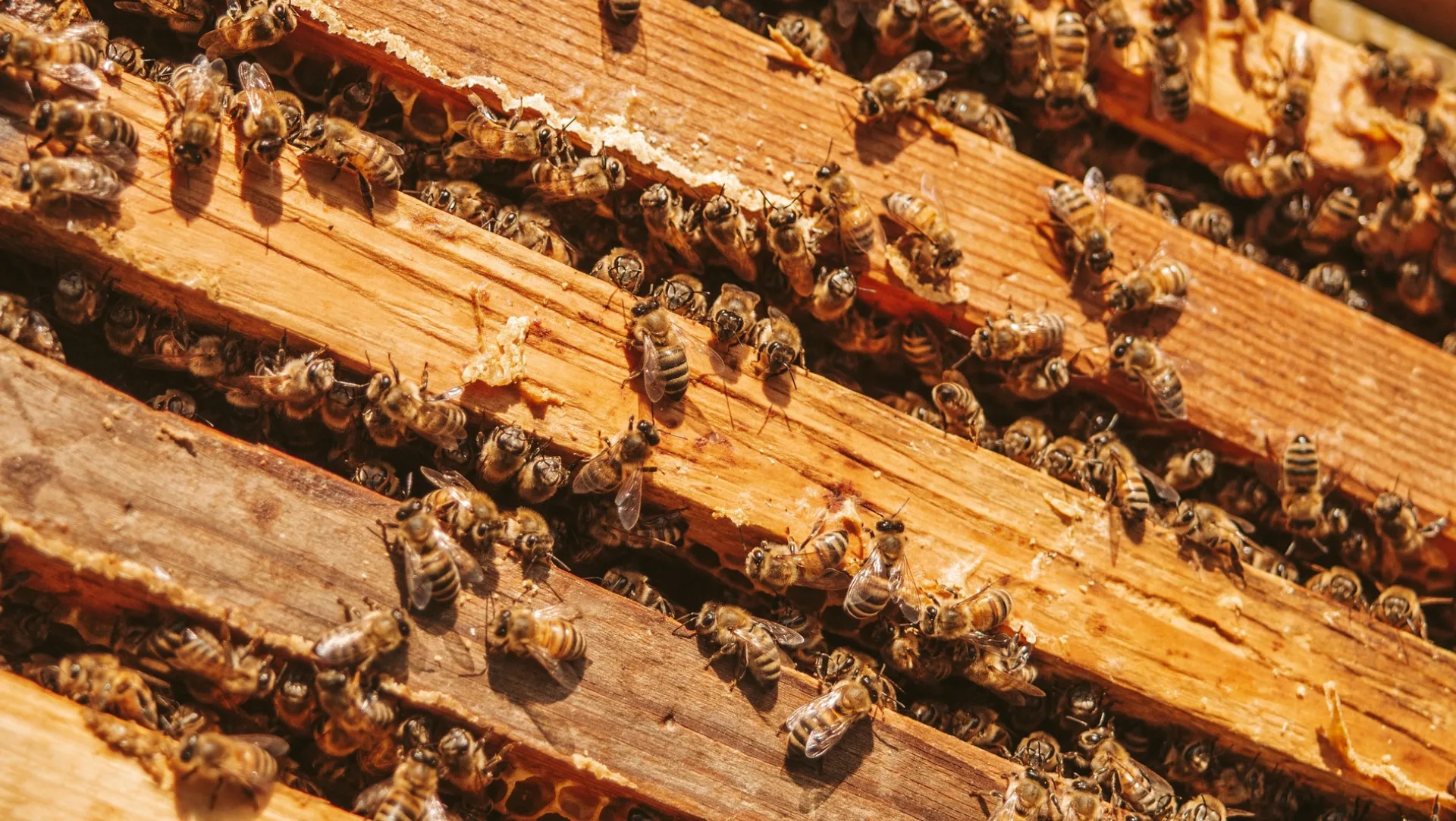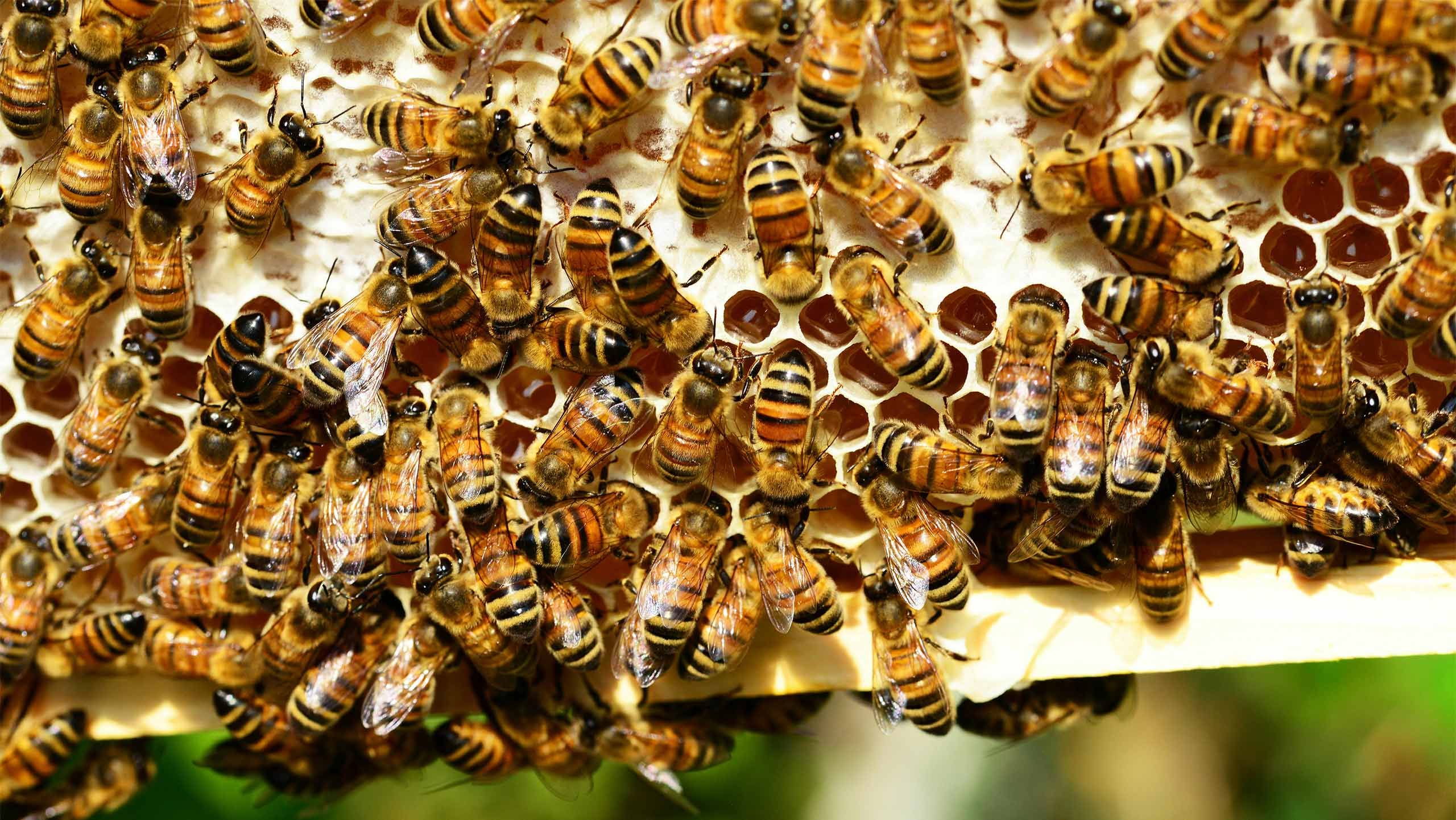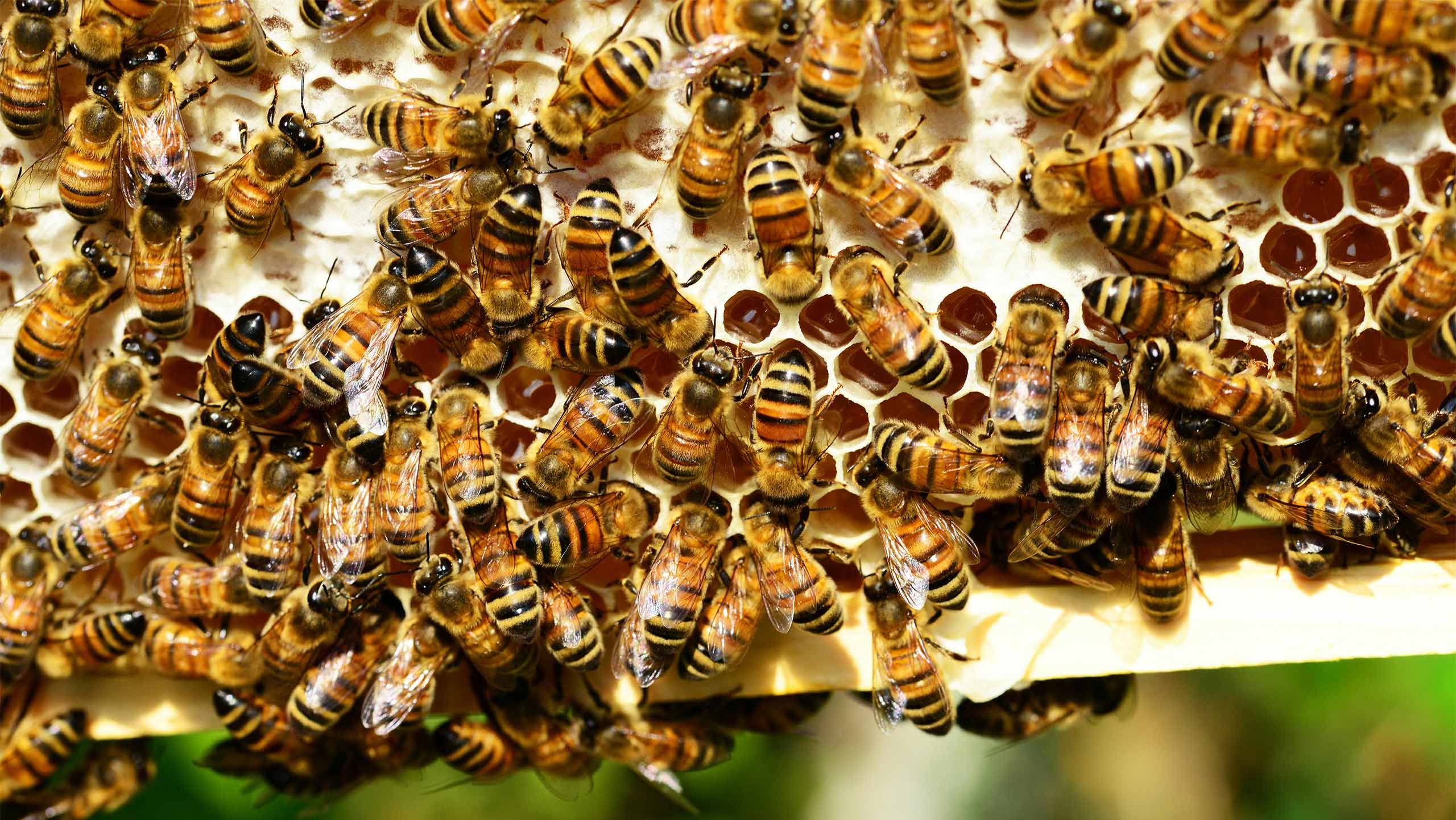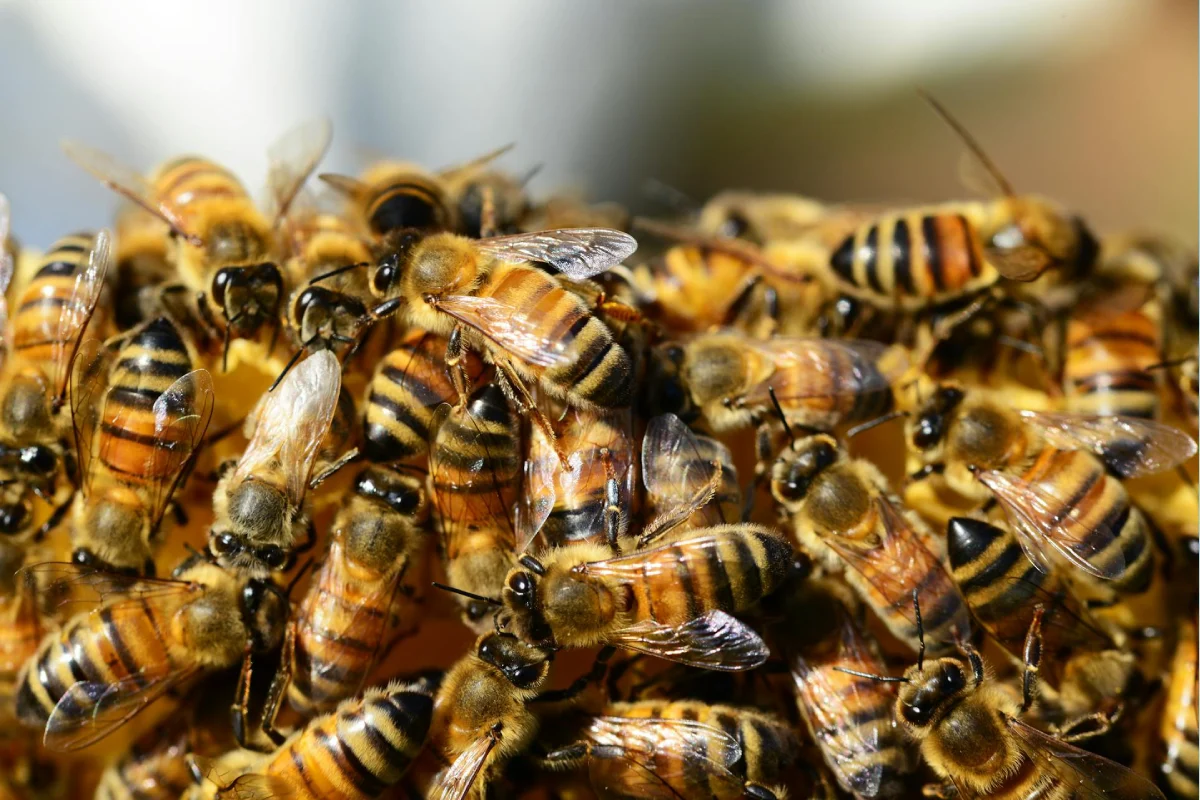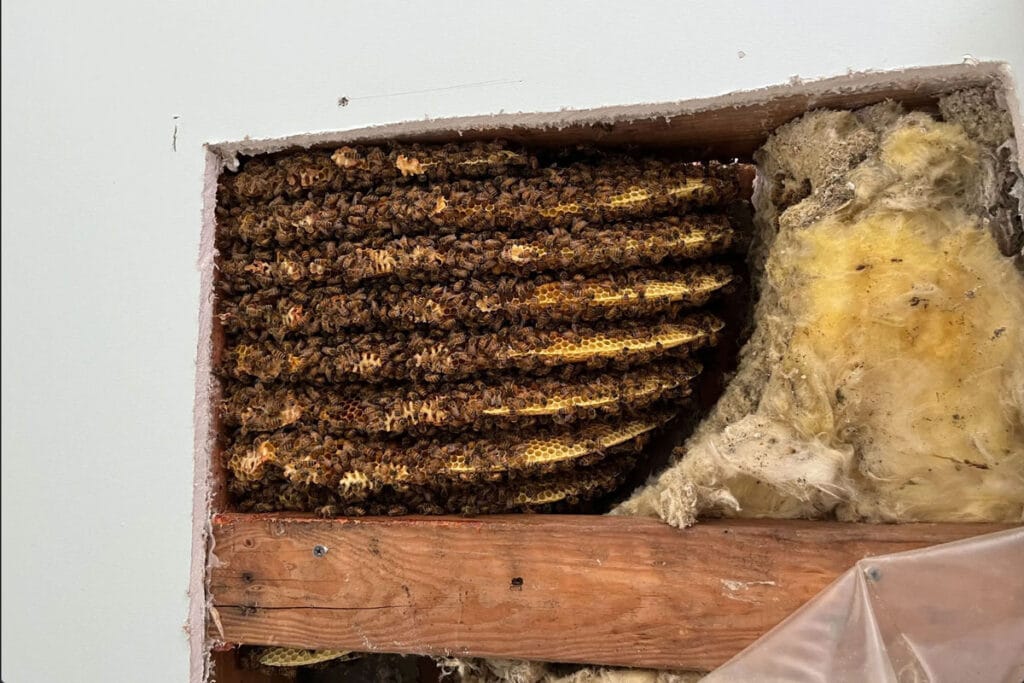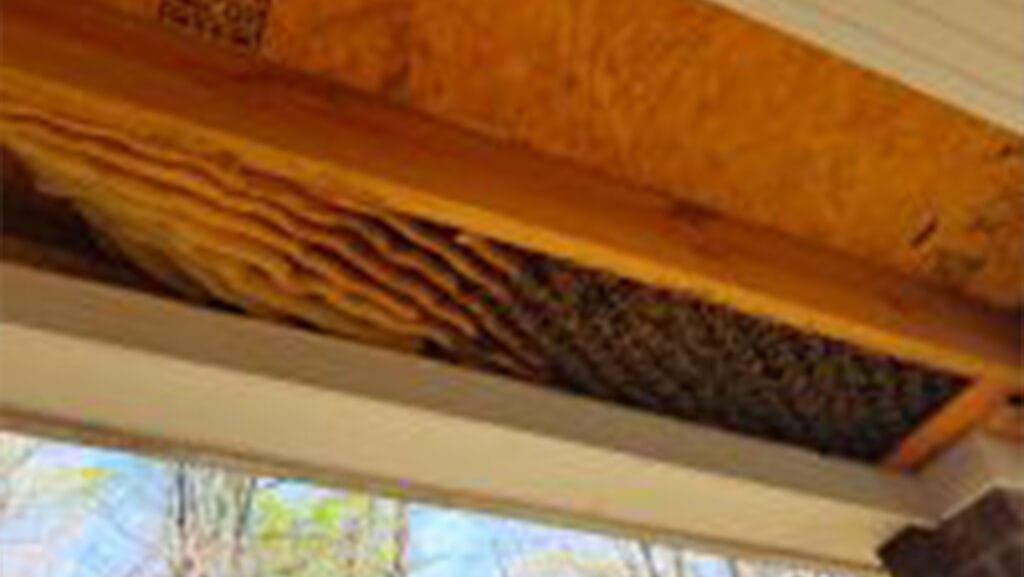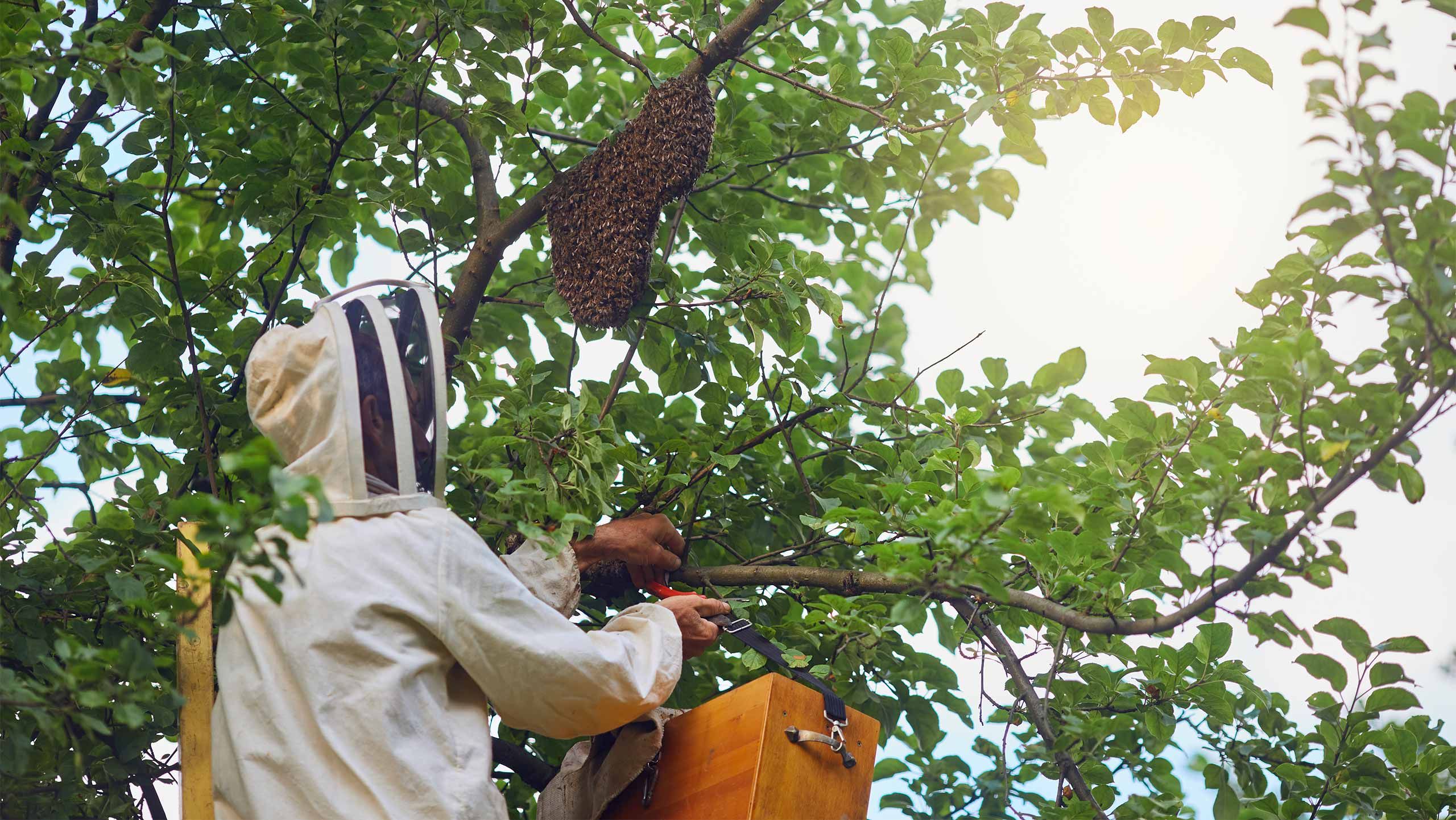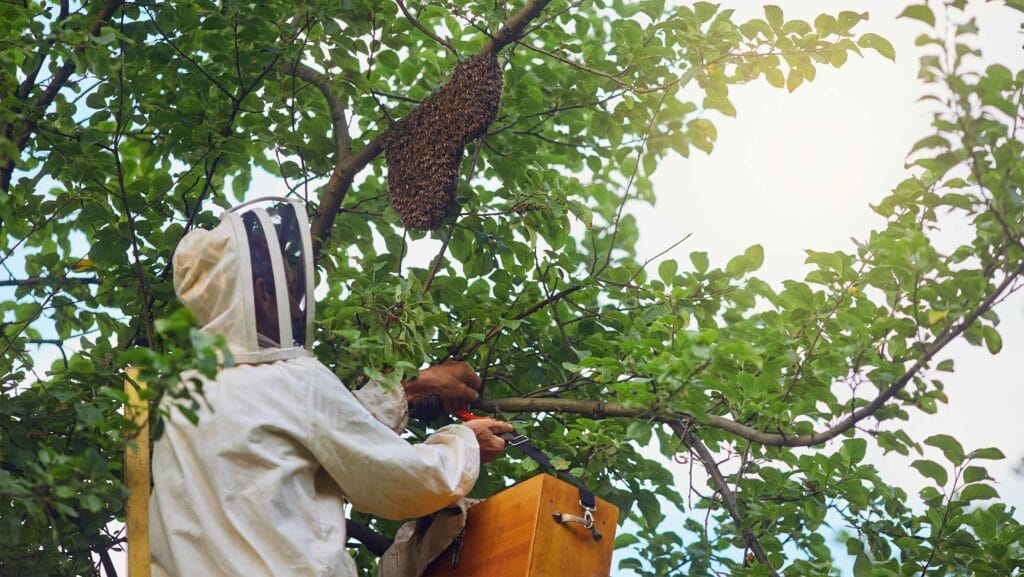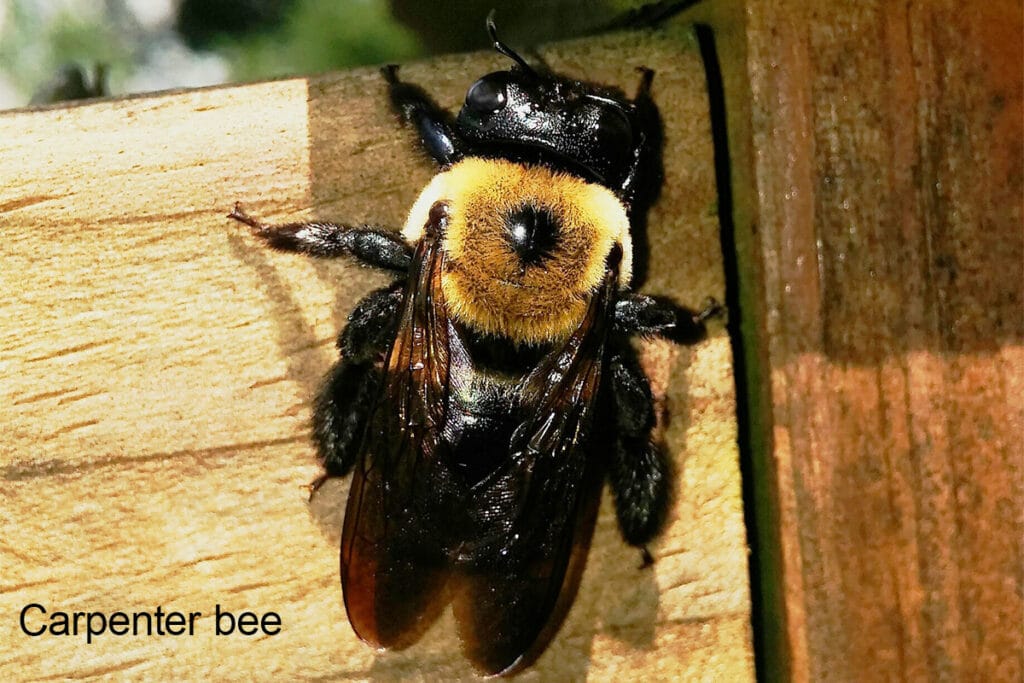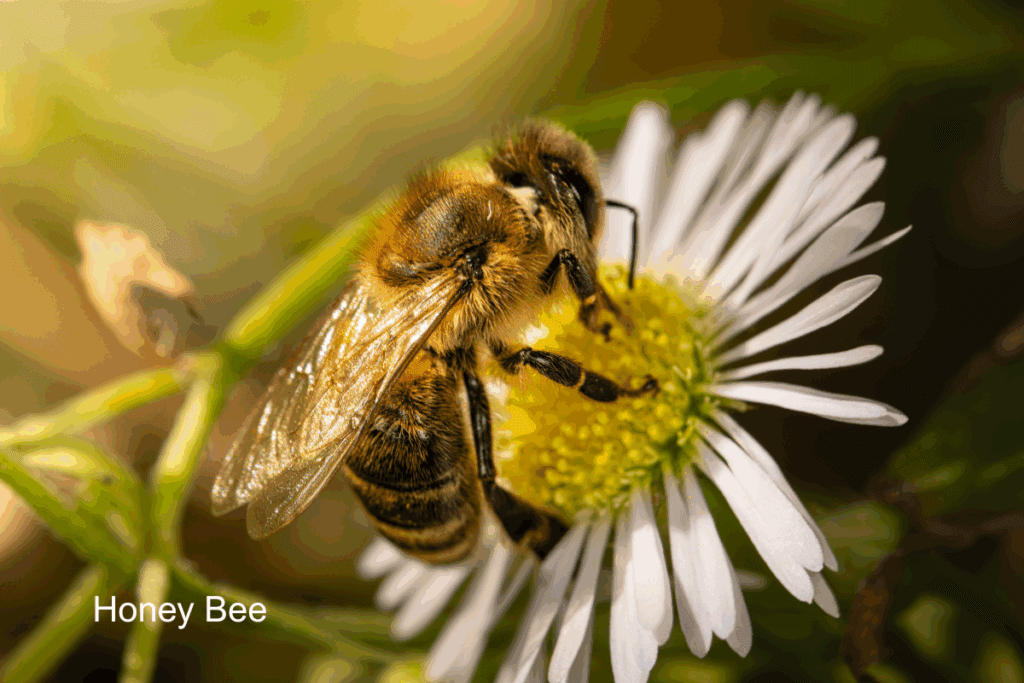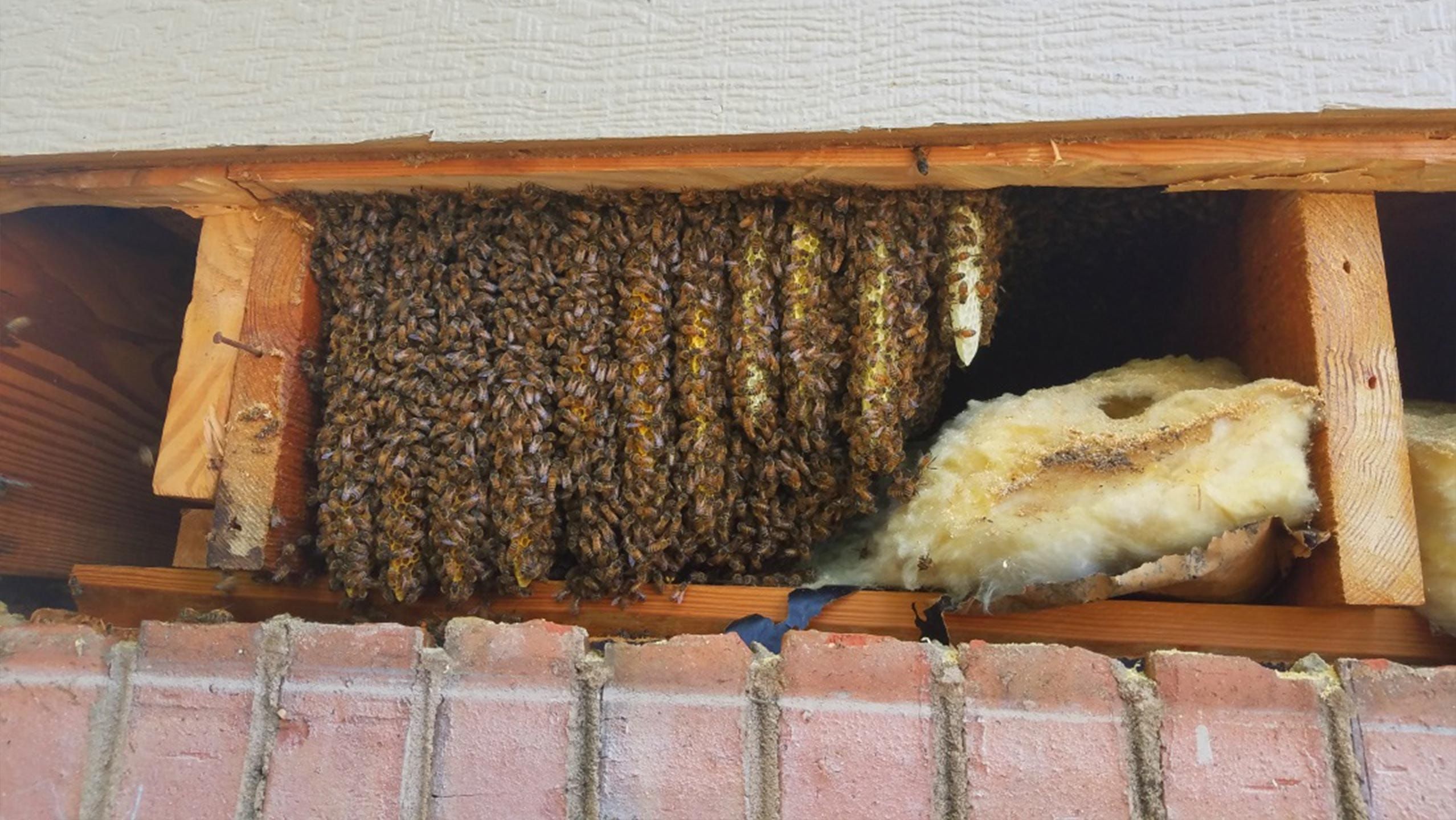Top 5 Bee Infestation Hotspots in Atlanta and How to Handle Them Safely
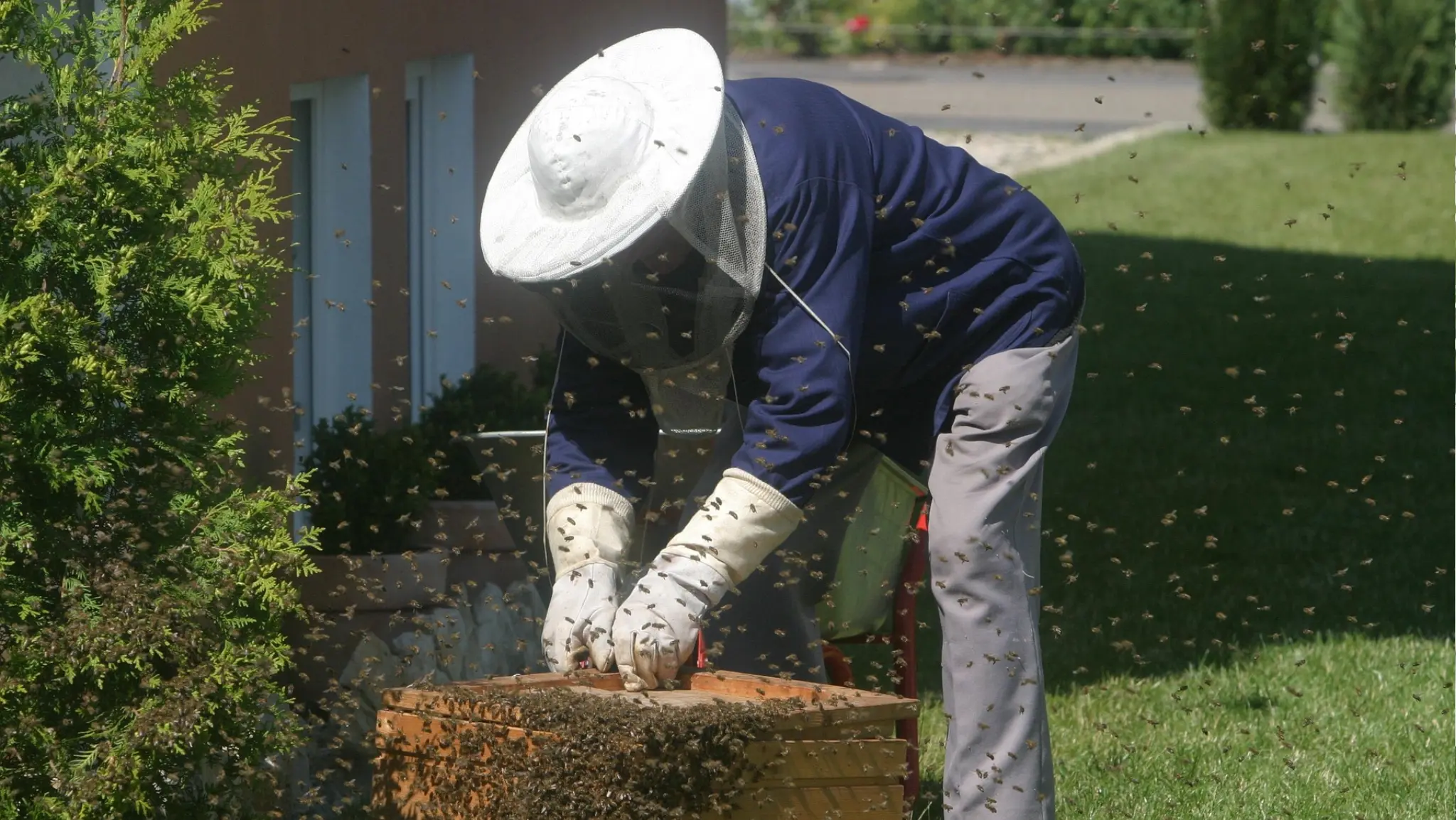
Bees play a vital role in the environment—but when they build hives too close to your home, they become a serious pest. Atlanta’s warm climate and lush greenery make it a hotspot for bee activity. If you have seen more bees around your home, it’s time to think about professional bee removal in Atlanta.
In this post, we will discuss the top 5 places bees like to build hives in Atlanta. We will also share what steps to take with help from trusted bee pest control near you.
1. Attics and Roof Overhangs
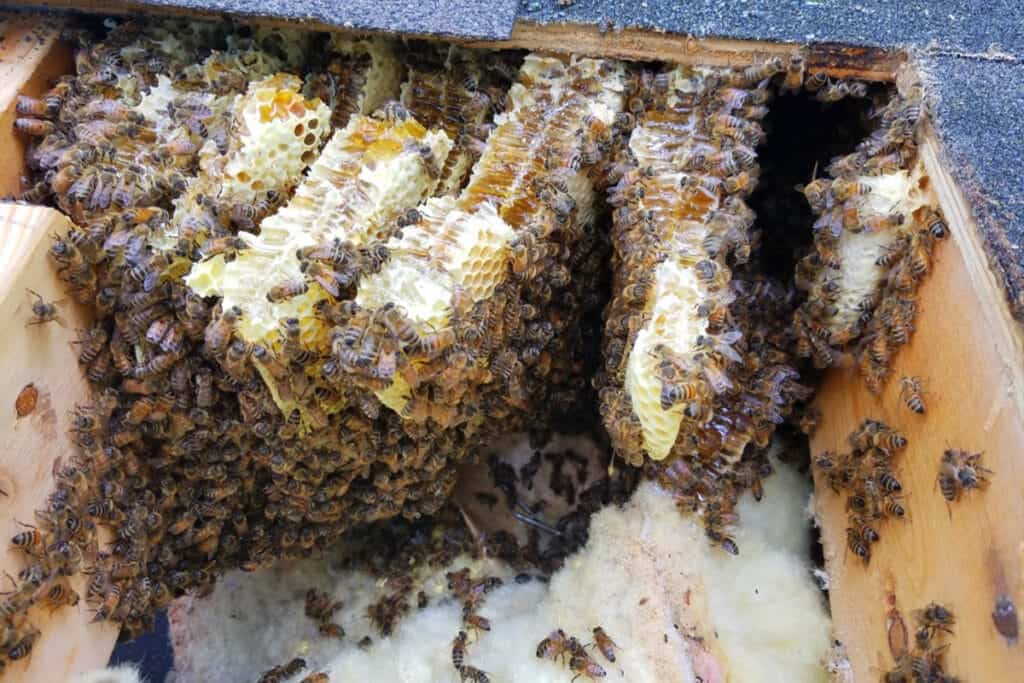
Bees prefer quiet, sheltered areas—making attics and roof edges perfect hive spots. These areas are hard to inspect regularly, so a hive can grow significantly before being noticed.
What to do:
If you see bees flying in and out near your attic or roof, call a licensed bee exterminator in Atlanta right away. Avoid climbing or spraying the hive. Professionals have the proper safety tools to remove the colony without damage to your home.
2. Inside Walls and Crawl Spaces
Tiny cracks in your home’s siding or foundation can allow bees to nest inside your walls. This can lead to structural damage, increased moisture, and unpleasant honey odors over time.
What to do:
Don’t seal the entry hole or apply chemicals. Instead, search bee hive removal near me and find a local Atlanta expert to safely extract the hive and seal your home correctly.
3. Sheds, Garages, and Outdoor Structures
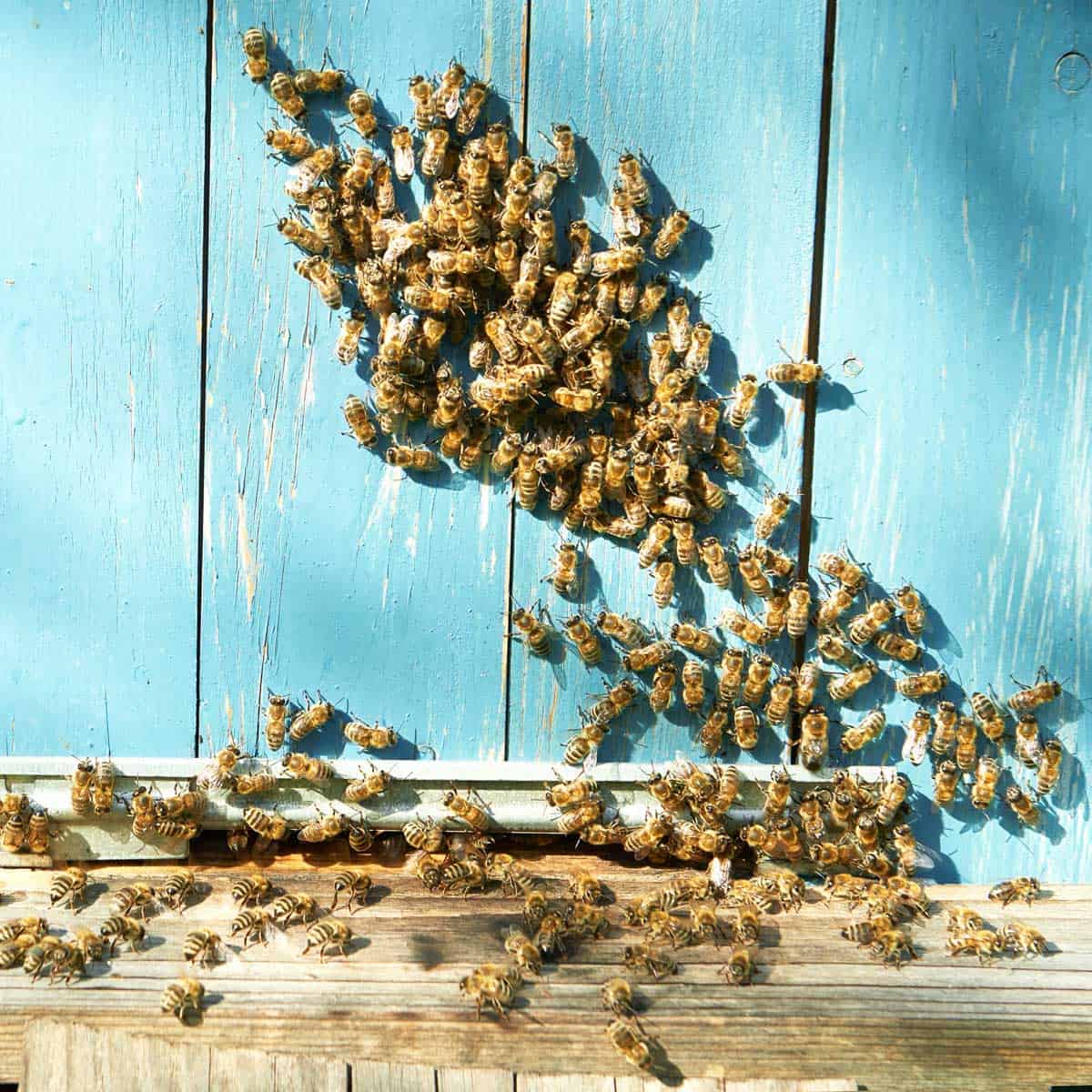
Bees, especially carpenter bees, often infest outbuildings like sheds and garages. Carpenter bees bore into untreated wood, leaving behind perfect round holes and wood shavings.
What to do:
If you notice sawdust piles or round holes in wood, you likely have carpenter bees. Contact a service that specializes in carpenter bee removal in Atlanta before the damage spreads.
4. Trees and Shrubs
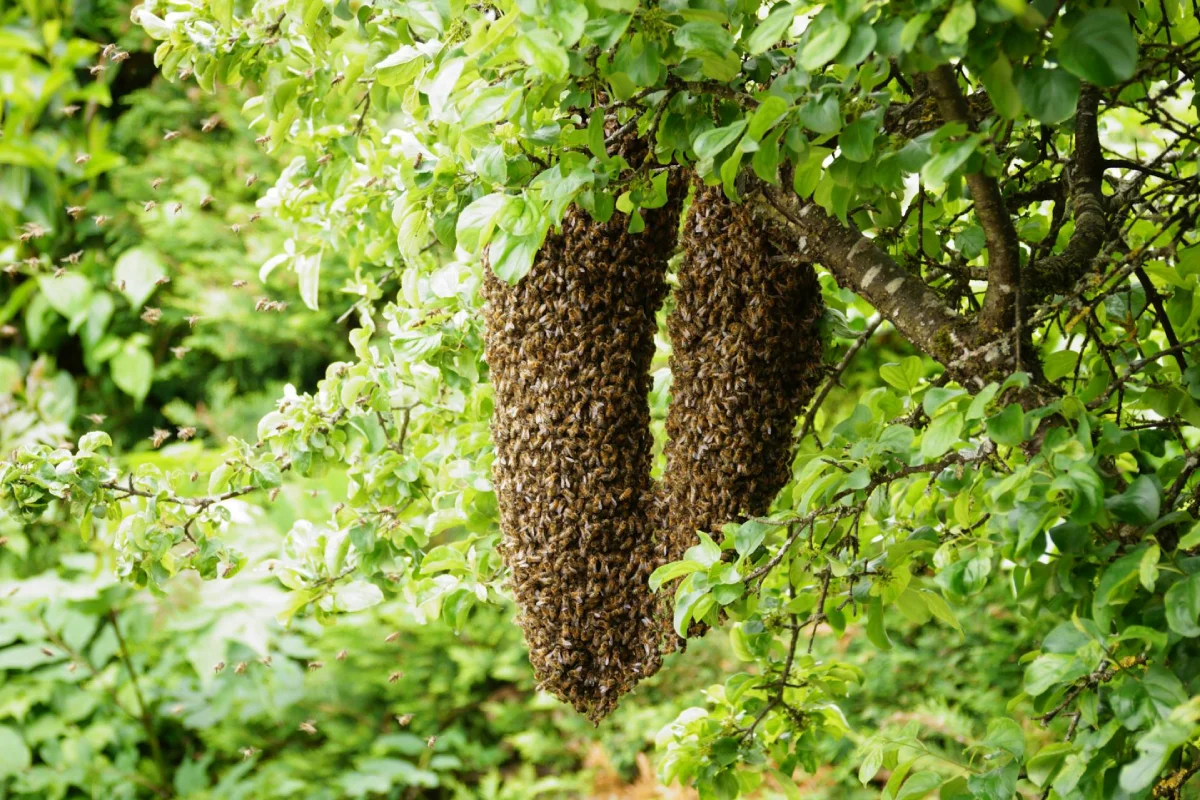
Bee swarms in trees or bushes are common in spring and summer. While they’re usually not aggressive, swarms near pathways or children’s areas can be dangerous.
What to do:
Do not attempt to move the swarm yourself. A local bee removal service in Atlanta can relocate the bees safely and humanely.
5. Decks, Patios, and Outdoor Furniture
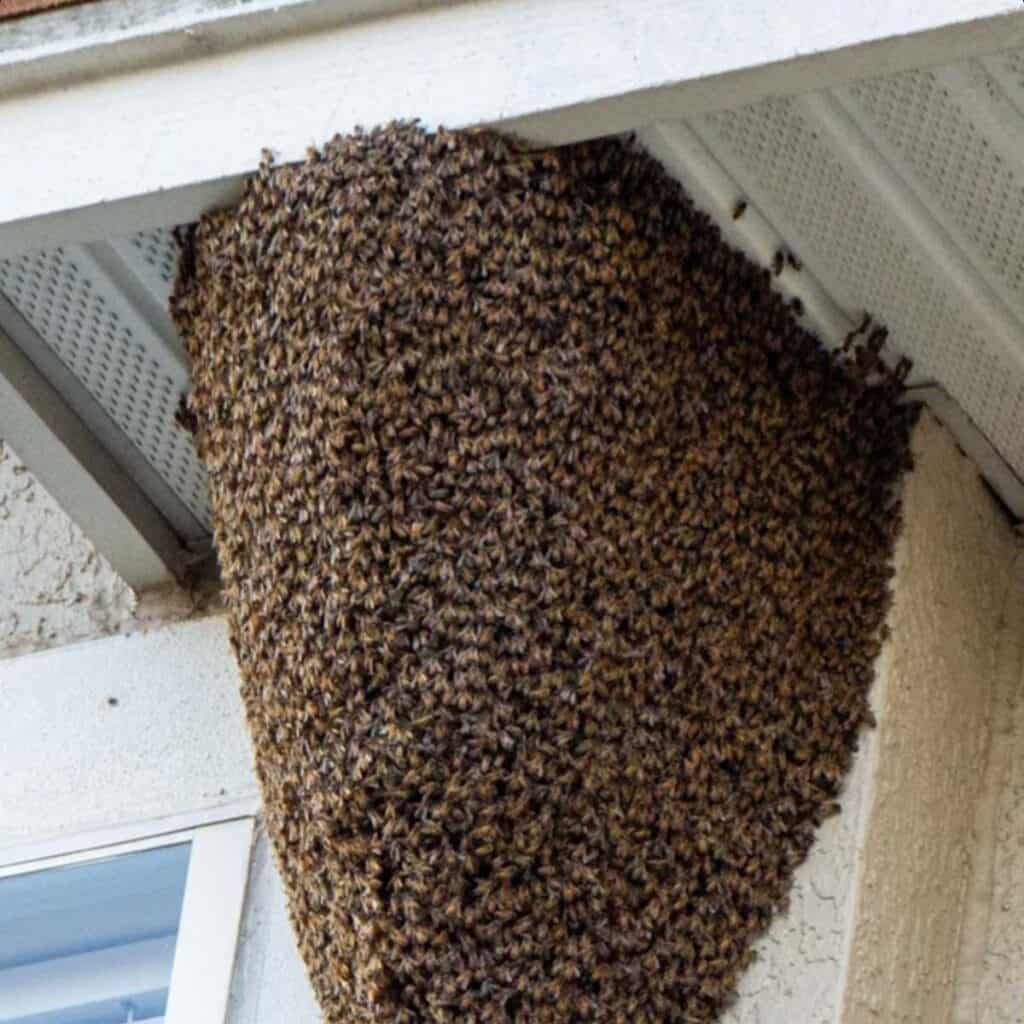
Outdoor wooden structures are magnets for carpenter bees, especially if they’re untreated. Over time, their burrowing can weaken railings, decks, or furniture.
What to do:
If you notice buzzing around wood surfaces or signs of damage, it’s time to call a bee pest control expert near you. They’ll treat the wood and help prevent future infestations.
🐝 Don’t Wait—Act Fast on Bee Infestations
If you’ve seen signs of bee activity around your home, don’t delay. Bee infestations grow quickly and can cause costly damage if left unchecked.
Whether you need:
- Bee hive removal in Atlanta
- Carpenter bee removal
- Or a trusted bee exterminator in Georgia
…our team is ready to help with fast, safe, and eco-friendly solutions.
🧐 Frequently Asked Questions (FAQ)
❓Where do bees commonly build hives around homes in Atlanta?
Bees often build hives in warm and sheltered places. They like attics, roof overhangs, walls, and crawl spaces. You can also find them in trees, sheds, garages, and even under decks or patio furniture.
❓Are carpenter bees dangerous to wooden decks?
Yes. Carpenter bees bore into wood to build nests, weakening decks, railings, and other structures over time. If untreated, the damage can become extensive.
❓Is it safe to remove a bee hive by myself?
No. DIY bee removal can be dangerous. Without proper equipment, you risk stings or damage to your property. It’s best to hire a professional bee removal service in Atlanta.
❓How much does bee removal cost in Atlanta?
Costs vary depending on the location, size of the hive, and bee species. On average, professional bee removal services in Atlanta range from $150–$500 or more for complex cases.
❓What’s the difference between bee extermination and bee removal?
Bee removal focuses on safely relocating the hive, preserving pollinators. Extermination often uses pesticides and may harm the local ecosystem. Ethical providers typically recommend humane bee removal.
📍 Need Bee Removal in Atlanta Today?
Search “bee pest control near me” or contact our team directly for professional bee removal services in Atlanta, Georgia. We’re equipped to handle everything from swarms to full-blown infestations—safely, humanely, and affordably.


